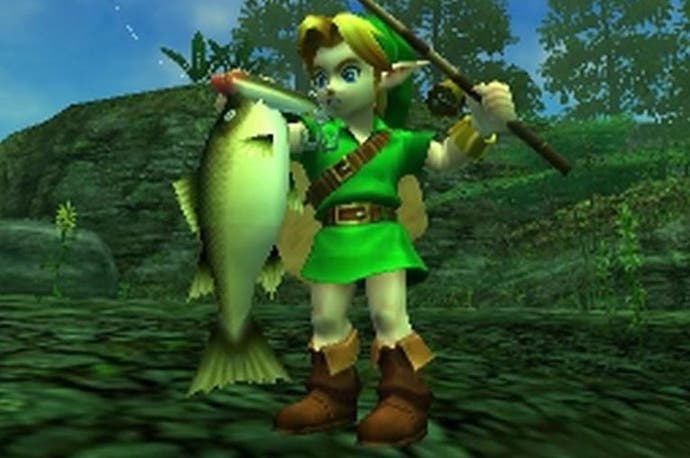All work and no play
In praise of video game rest.
Few video game protagonists keep to strict working hours, and how could they? When there's a war to win, a world to save, a lover's heart to ensnare and all the other grand and arduous problems that a game designer asks us to solve, it would be practically irresponsible to clock off a five for a pint of lager, a packet of crisps and a prestige TV box set. Even if they did have time to unwind then, just as we rarely see Tony Soprano bobbing away at the urinal, or Donald Draper questingly exploring a nostril, surely these parts of the game would be first for the editor's chop. What Lara Croft does to relax (eating caviar off her butler's extended arm while listening to Brahms, I like to imagine) is rarely relevant to the story at hand. Aside from the indulgently barmy Final Fantasy XV, what your character eats for dinner rarely has a place in the core gameplay loop.
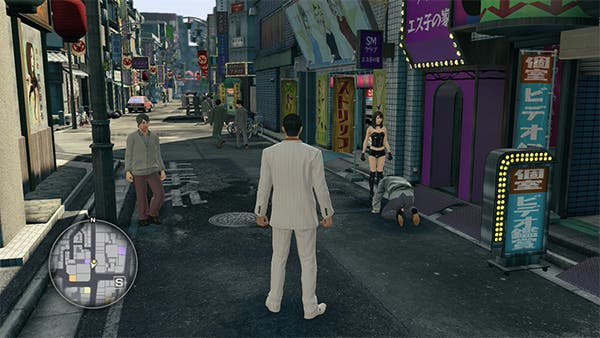
Not so, says Yakuza 0, a Japanese game that takes a more holistic approach to virtual existence. In his job as a promising Yakuza underling, your character Kazuma Kiryu has heads to knock, territory to protect, errands to run and his good-ish name to clear. Despite the pressing demands, he still manages to make luxurious space to unwind each day. You have the chance to chase all of the usual post-sundown Tokyo pastimes: wailing bravely through a karaoke hit, trading war stories at the bar over an Old Fashioned or hammering the Sanwa plastic through a slew of classic Sega hits -- Space Harrier, Outrun, Super Hang On or Fantasy Zone - at the downtown arcade.
Beyond these routine distractions, side-missions are where the game's true jewels are to be found. The game positively encourages you to slow down, as these vignettes pop up semi-randomly, while sauntering the streets. Will you help the boy who has had the video game he just bought snatched from his hand by an opportunistic thief? Will you stand in as a stunt double for a stroppy actor who won't shoot a degrading scene? Will you meet up with a girl you chatted up over text for a stop-off in a love hotel? Yakuza 0 is a game that not only encourages but also actively rewards players who take some time out from the drama.
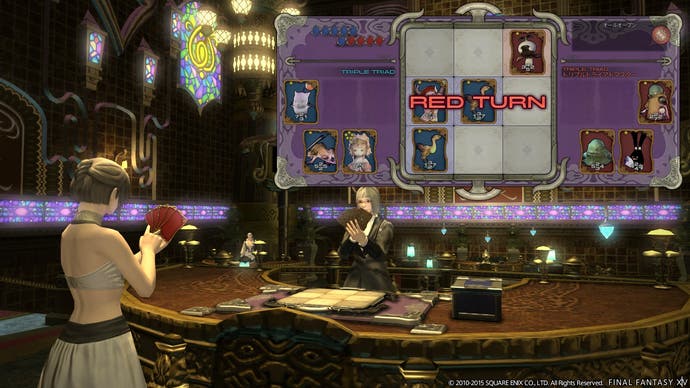
The idea that, in many video games, the side-missions are, if not more enjoyable then certainly more creative and interesting than the core plot is something of a cliché. Freed of the main narrative framework, it's here that a game's writers and designers have the opportunity to be more mischievous and wild. Through the Grand Theft Auto series Rockstar has perfected the art of the extra-curricular activity, allowing its characters to relax with a game of tennis on a pristine courts, or to ride a jet-ski through the sunrise froth, to lift weights, hire bicycles and even to pensively gaze out to sea while the Ferris wheel carries you in lazy, cloud-slicing arcs.
Even though, in many cases, these interactions are plain, they enrich the fiction in substantial ways. Without opportunities for downtime activity, the virtual world can quickly seem perilously thin. If every interesting landmark and point of interest has been built simply to provide another story beat, you begin to feel like Truman Burbank in The Truman Show. You begin to long for something more.
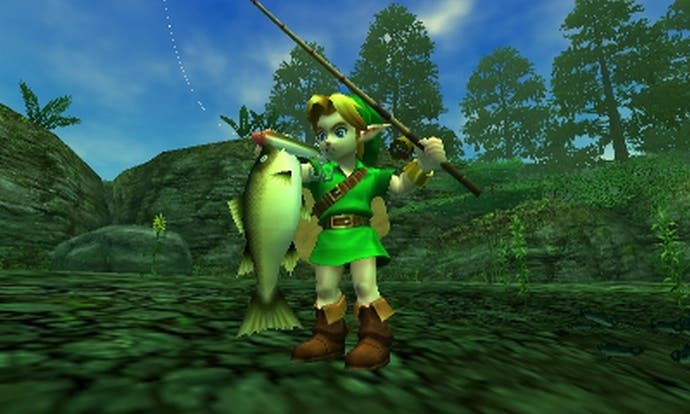
Virtual downtime performs a utilitarian role too. Video games can be surprisingly un-playful. Most mimic the rhythms and strains of genuine labour. The recent surge in working class job simulators (Farm Simulator, Oil Platform Simulator, Stone Quarry Simulator, Street Cleaning Simulator, Euro Truck Driver and all the rest) have made the close ties between work and video games explicit, but it's always been there, hidden in plain sight. Manic Miner. Paperboy. Sim City. Tapper. Crazy Taxi: All formative games in which you must excel at monotonous jobs. Even in the most lavish, open world contemporary video games, there's usually a strong undercurrent of mundane toil to the action. You may get to meet some of the most flamboyant and curious monsters in the Northern Kingdoms as a Witcher, but you are essentially a jumped-up pest-controller, hopping from one town's localised emergency to the next.
All this nagging and effort is wearying for the video game player. So when Geralt of Rivia sits down for a game of Gwent in a local bar (or, to pick an earlier example, when Squall pulls out his Triple Triad deck in Final Fantasy VIII) it's not merely the designer's way of showing that, really, other things go on in this world, honest. It's also to provide us with a palate-cleansing moment of levity. It's a way to temporarily lower the stakes, the interactive equivalent of comic relief, something to replenish your store of patience in order to ready yourself for the next day's toil. The God of Abraham was right, in other words: whatever world in which we find ourselves, we need a day of rest.
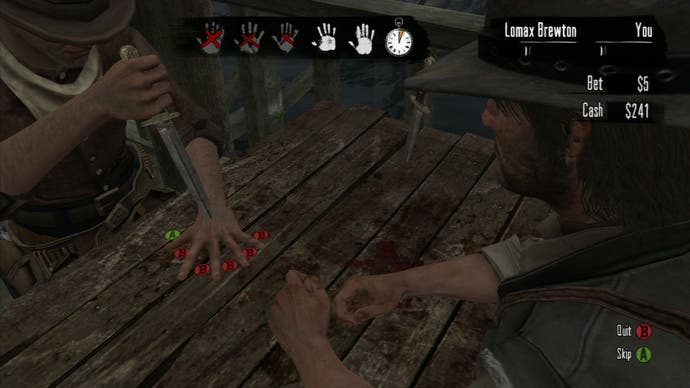
The truth is that we will seek out these moments whether or not a game designer deliberately facilitates them through minigames or quaint side-missions. How many of us, after storming the island beach in Halo's The Silent Cartographer, took a moment to wade through the slushing waves, or to examine the texture of the natural rock archways overhead? How many of us bounded around the castle grounds in Super Mario 64, not because the game would reward us with a gold star, like some kind of overbearing teacher, but just for the sheer hell of it? Without these brief moments of relief, reflection and self-directed exploration we can burn out in a game. Plutarch knew this, as early as 100 A.D. "Rest is the sweet sauce of labour," he wrote. Without it, our games grow stale, tasteless.
